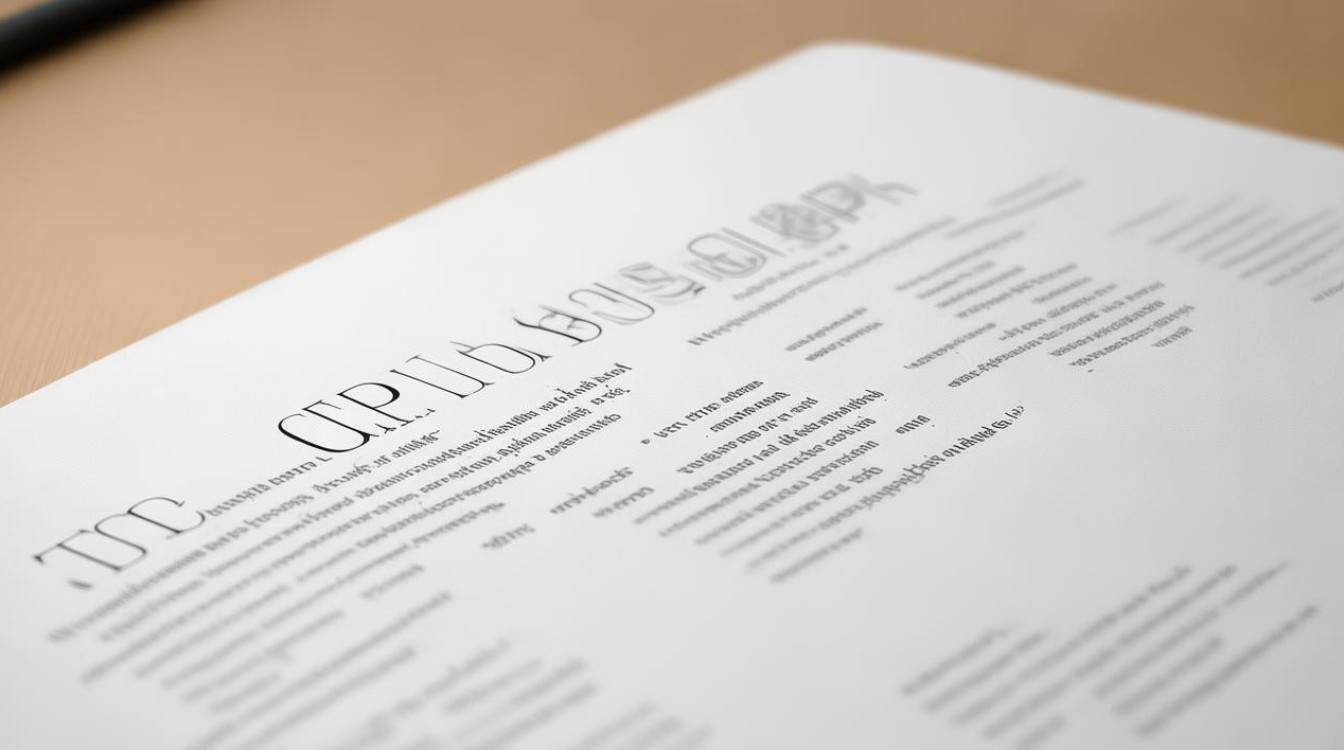在托福写作考试中,TPO35的独立写作题目探讨了“是否应该鼓励学生质疑和挑战老师的观点”,这一话题在教育领域具有广泛讨论价值,涉及学术自由、师生关系以及批判性思维的培养,本文将提供一篇高质量的范文,并分析其论证结构,帮助考生掌握高分写作技巧。

Do you agree or disagree with the following statement? Students should be encouraged to question and challenge what their teachers say.**
Education is not merely about memorizing facts but fostering the ability to think critically. While some argue that students should always accept their teachers' knowledge without hesitation, I firmly believe that encouraging students to question and challenge their instructors is essential for intellectual growth. This practice not only enhances learning but also prepares students for real-world problem-solving.

First, questioning authority figures like teachers helps students develop independent thinking. In traditional education systems, students often passively receive information, which limits their analytical skills. However, when they are encouraged to ask "why" and "how," they engage more deeply with the material. For instance, in a science class, if a student questions a theory presented by the teacher, the ensuing discussion can lead to a better understanding of scientific principles. This active participation strengthens comprehension and retention.
Moreover, challenging ideas promotes a dynamic learning environment. Teachers are not infallible; they may occasionally make mistakes or present outdated information. If students blindly accept everything, errors may go uncorrected, leading to misinformation. By contrast, a classroom where debate is welcomed ensures that knowledge remains accurate and up-to-date. A famous example is the shift from Newtonian physics to Einstein’s relativity—scientific progress relies on questioning established norms.

Some may argue that allowing students to challenge teachers undermines authority and disrupts classroom discipline. However, respectful skepticism is different from outright defiance. Educators can set clear boundaries, ensuring discussions remain constructive. When students learn to articulate their disagreements logically, they cultivate communication skills valuable in professional and personal life.
In conclusion, fostering a culture of questioning benefits both students and teachers. It transforms education from a one-way transmission of facts into an interactive process that nurtures critical minds. Therefore, schools should actively encourage students to engage in thoughtful debate with their instructors.

高分写作技巧分析
- 清晰的立场:范文开篇明确表达支持学生质疑教师的观点,避免模棱两可的表述。
- 逻辑递进:每个段落围绕一个核心论点展开,并使用具体例子(如科学课堂、物理学发展)增强说服力。
- 反驳对立观点:第四段预判反对意见并加以回应,体现论证的全面性。
- 语言简洁有力:避免冗余词汇,使用精准的学术表达(如"intellectual growth," "constructive debate")。
如何应用至实际考试
- 审题精准:确保理解题目核心,避免偏题,本题关键在于“质疑”与“挑战”是否有利于教育。
- 时间分配:建议用5分钟列提纲,20分钟写作,5分钟检查语法和逻辑。
- 多样化句式:混合使用复合句、强调句(如"It is...that...")提升语言表现力。
真正的教育不在于填鸭式灌输,而在于点燃思想的火花,当学生敢于提问时,他们不仅在学习知识,更在塑造未来的创新能力。



